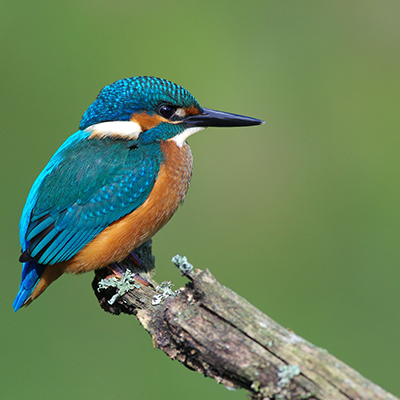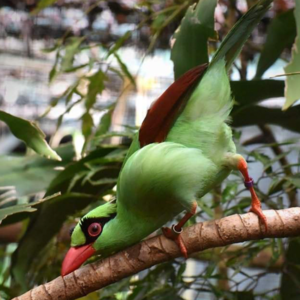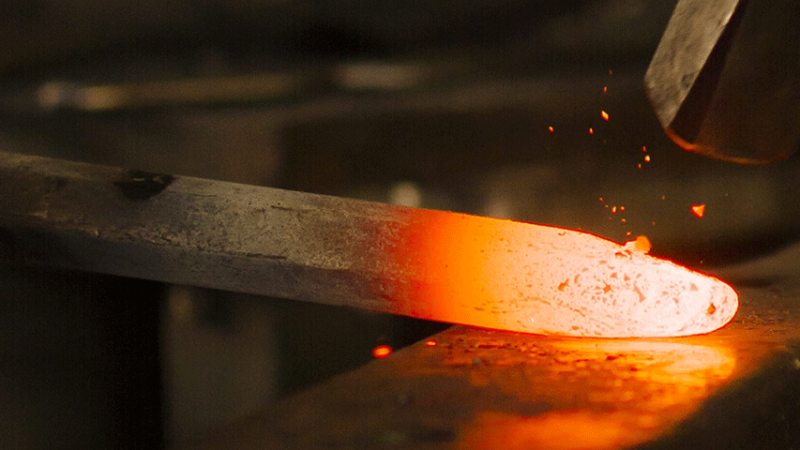Forging Flavor
Some people quickly earn your respect and regard. Patrick Roehrman of MT Knives is one of those for me. So, on the path to discussing September’s Coffee of the Month, let’s hear some of his story.
Patrick Roehrman
He’s soft-spoken, clever, and prone to smile, but stick around a few minutes and you’ll realize that Patrick is single-mindedly committed to quality: in his and his family’s lives, in his lifestyle choices, and as a knife-maker and bladesmith. From the best raw materials, he forges, anneals, heat-treats, grinds, polishes, and hand-sharpens each knife.
His premium collection of cutting instruments includes neck, hunting, survival, and bushcraft knives – each a unique creation from his forge. He says, “I would love to make you a one-of-a kind knife that will give you the cutting edge – and make you sharper than the rest!”
Patrick’s Private Reserve
Because of Patrick’s devotion to quality and detail, you won’t be surprised to learn that it took a long time and many variety and roast level tests to settle on organic Java Taman Dadar from the Kayumas plantation.
Patrick likes rich flavor – nutty and full – with a light citrus finish. We found it on the island of Java, Indonesia, grown organically on family-owned farms.
Patrick prefers the bean at a medium roast, though it is also tasty when taken to dark or espresso levels. Patrick says about the delicate balance of this bean, “You’ll preserve peak flavor if you order only whole bean Patrick’s Private Reserve.”
Where Was this Coffee Born?
Java, the fourth-largest island in Indonesia, lies southeast of Malaysia and Sumatra, south of Borneo, and west of Bali. It is home to more than half the nation’s population and dominates its politics and economy, according to Encyclopedia Britannica. First cultivated in the seventeenth century in low-lying areas, Java-grown coffee soon fell prey to coffee leaf rust. This forced new coffee cultivation into the highlands, where high altitudes and volcanic soil provide perfect growing conditions.
Taman Dadar, meaning flower garden, describes the way this coffee is cultivated: colorfully inter-cropped in the shade of avocados, parkia beans, erythrina, albizia, and leucaena (all small, fast-growing trees and shrubs in the same family as the mimosa or silk tree.) Coffee produces income and the other crops food for local consumption.
After harvest, Java Kayumas Taman Dadar is wet-hulled, a uniquely Indonesian processing method in which the coffee parchment is removed before final drying is complete. It produces a hallmark Indonesian flavor. Although several countries use wet-processing, wet-hulling is another processing term altogether and belongs to Indonesia.

Adorable Java green magpie pleads, “Please pour me some Patrick’s Private Reserve.”
Unusual Facts About the Region
They herd ducks – in rice paddies.
Among 1,748 species of bird at home in Indonesia are the East Java Kingfisher (click here to see a priceless photo!), the bird of Paradise, bulbul, and Java green magpie.






